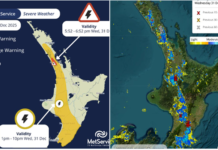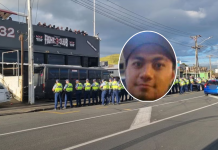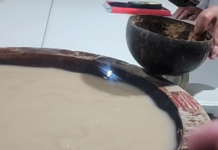A Tongan family’s need for their son to have constant medical supervision and treatment of a kind unavailable in the kingdom has led to them being allowed to stay in New Zealand.
The Immigration and Protection Tribunal recently granted permission for Talaivosa and Suliana Tu’uholoaki and three of their children to remain in the country.
The tribunal found there were exceptional humanitarian circumstances for allowing them to stay.
The appellant and their four children entered New Zealand in December 2007 as visitors.
The following year the parents were granted four-month seasonal work visas. When expired they remained here unlawfully.
In June 2010, the family’s residence application was declined.
In June 2012 the appellants were granted one-year work visas as their younger son required ongoing medical treatment for extensive injuries sustained in an accident in November 2010.
In July 2013, their work visas were renewed for a further two years, then further renewed in November 2015 and in September 2016. All renewals were granted as an exception to instructions to allow the family to remain in New Zealand so that the younger son could continue to access medical treatment and be monitored by his doctors.
The Tribunal said the focus of the family’s latest appeal to stay was the situation of their three dependent children. The parents asked that they be able to stay permanently as they have spent most of their lives in New Zealand and been educated here and were not used to the deprivations they would experience in Tonga. The younger son has significant medical needs.
The 11-year-old suffered a serious accident in November 2010 and sustained significant internal injuries.
He had undergone numerous operations and remains under surveillance. He also needs to have access to further support should any complications arise, the Tribunal said.
There was no paediatric urologist or other specialist support in Tonga to undertake reviews or able to deal with any complications should they arise.
“The three children have spent more than 10 years living in New Zealand and it is now effectively their home,” the Tribunal said.
“Deportation will deprive them of their future hopes, disrupt their education and deprive the youngest son of specialist medical oversight.
“It would be unjust and unduly harsh for the appellants and their three dependent children to be deported from New Zealand.
“The Tribunal orders that the appellants and their three dependent children be granted resident visas.”







